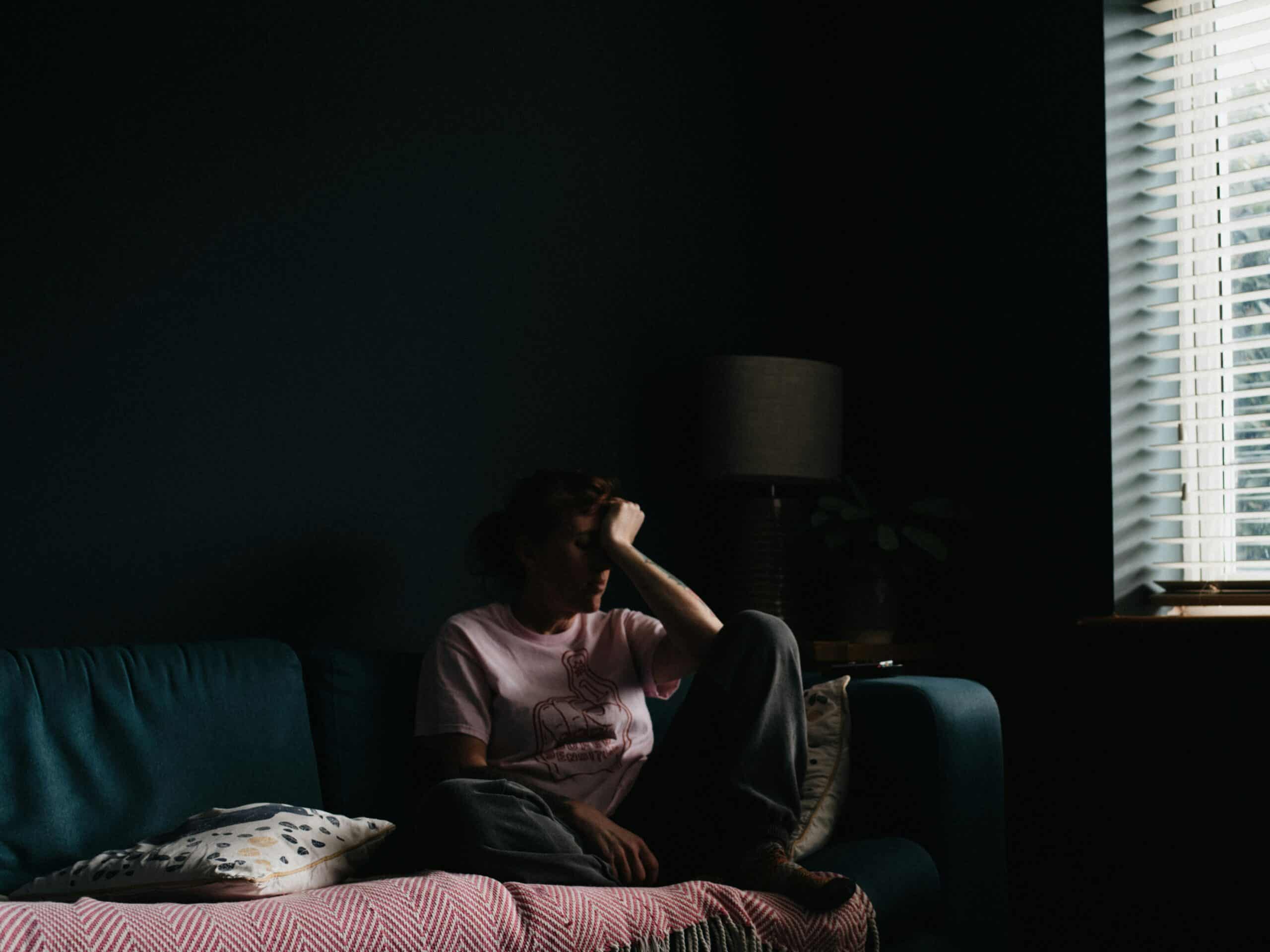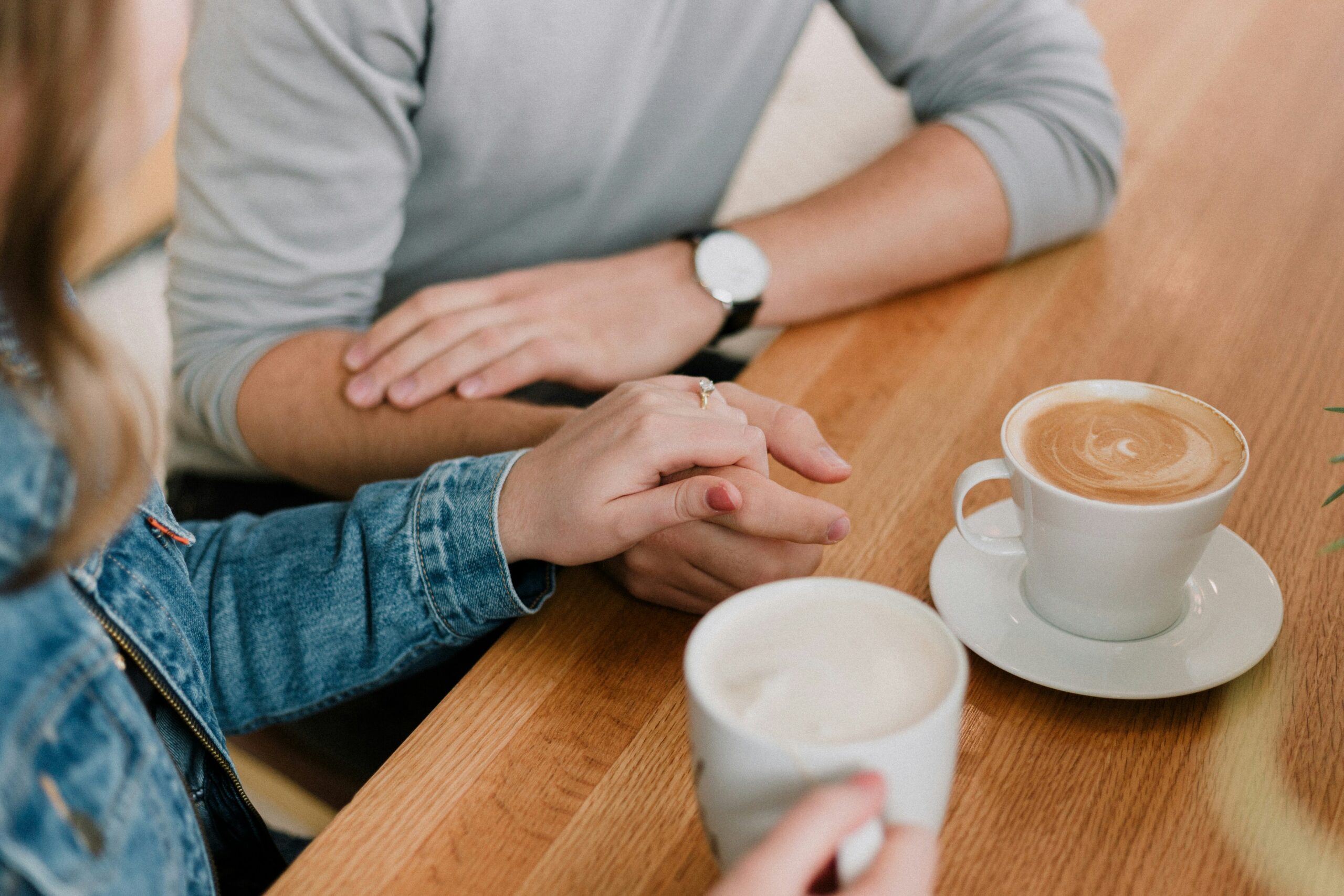Group Therapy
Find strength in shared experiences and mutual support.
What is Group Therapy?
Group therapy brings people in recovery together to share experiences, build connections, and learn from each other in a supportive setting.
Skills You’ll Learn in Group Therapy
- Giving and receiving support
- Holding yourself (and others) accountable
- Practicing healthy communication
- Strengthening social skills

How Group Therapy Helps Treat Addiction
Feel Less Alone in Your Journey
Being surrounded by others in recovery helps you realize you’re not the only one facing these struggles, and that makes long-term sobriety seem more possible.
Gain New Tools Through Real-Life Insight
Listening to how others navigate challenges can spark breakthroughs in your own recovery process.
Develop Confidence in a Safe Space
Group sessions offer a supportive place to speak up, try new ways of relating, and build emotional resilience.
Stay Engaged Through Collective Progress
Watching others grow — and contributing to that growth — can reignite your motivation, helping you stay committed to your own path.
Our Approach to Group Therapy
Real-Time Practice and Growth
Group sessions give you the chance to apply new skills, get feedback, and build confidence in a supportive, real-world setting.
Guided by Skilled Facilitators
Therapists lead with structure and intention, helping you explore topics like triggers, boundaries, and relapse prevention with clarity and care.
Built Into Your Recovery Plan
Group therapy works alongside individual and family sessions to give you balanced, consistent support throughout treatment.
Featured Resources
Explore resources that meet you wherever you are in your journey.
FAQs About Group Therapy for Addiction Treatment
Who is group therapy for?
Group therapy is for anyone in recovery from alcohol addiction or drug addiction who wants support, structure, and a sense of connection. It works well for people who feel isolated, struggle with communication, or benefit from learning through shared experiences.
How is group therapy structured?
Sessions are designed to create a safe space where clients can grow, connect, and work through challenges together.
Key features include:
- Small, Supportive Groups: Sessions are kept small so everyone has a chance to participate and feel heard.
- Experienced Facilitators: Licensed therapists guide each session to keep discussions focused, respectful, and healing.
- Focused Topics: Groups explore themes like anxiety, triggers, values, and communication skills.
- Interactive Format: Activities, discussions, and exercises make sessions engaging and help support real growth.
Will I have to talk during group therapy?
You’re encouraged to share, but no one is forced to speak before they’re ready. Many people start by listening and gradually open up as they feel more comfortable.
Is group therapy confidential?
Yes. Confidentiality is a key part of creating a safe environment. Group members agree to keep what’s shared in the group private, and facilitators reinforce this expectation regularly.
What other types of addiction therapy does Northpoint Recovery offer?
We use a mix of evidence-backed therapies to create a treatment plan that fits your needs and goals. Alongside individual therapy, your treatment plan may include:
- Cognitive Behavioral Therapy (CBT)
- Dialectical Behavioral Therapy (DBT)
- Individual Therapy
- Family Therapy
Each type of therapy plays a role in helping you build stronger relationships, manage emotions, and stay on track in recovery.

Explore Our Addiction Treatment Options
Inpatient
24/7 care in a structured, supportive environment to focus fully on recovery.
Outpatient
Flexible treatment with daytime or evening sessions while living at home.
Virtual Outpatient
Convenient, online therapy and support from anywhere — no commute needed.

